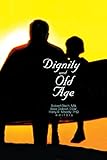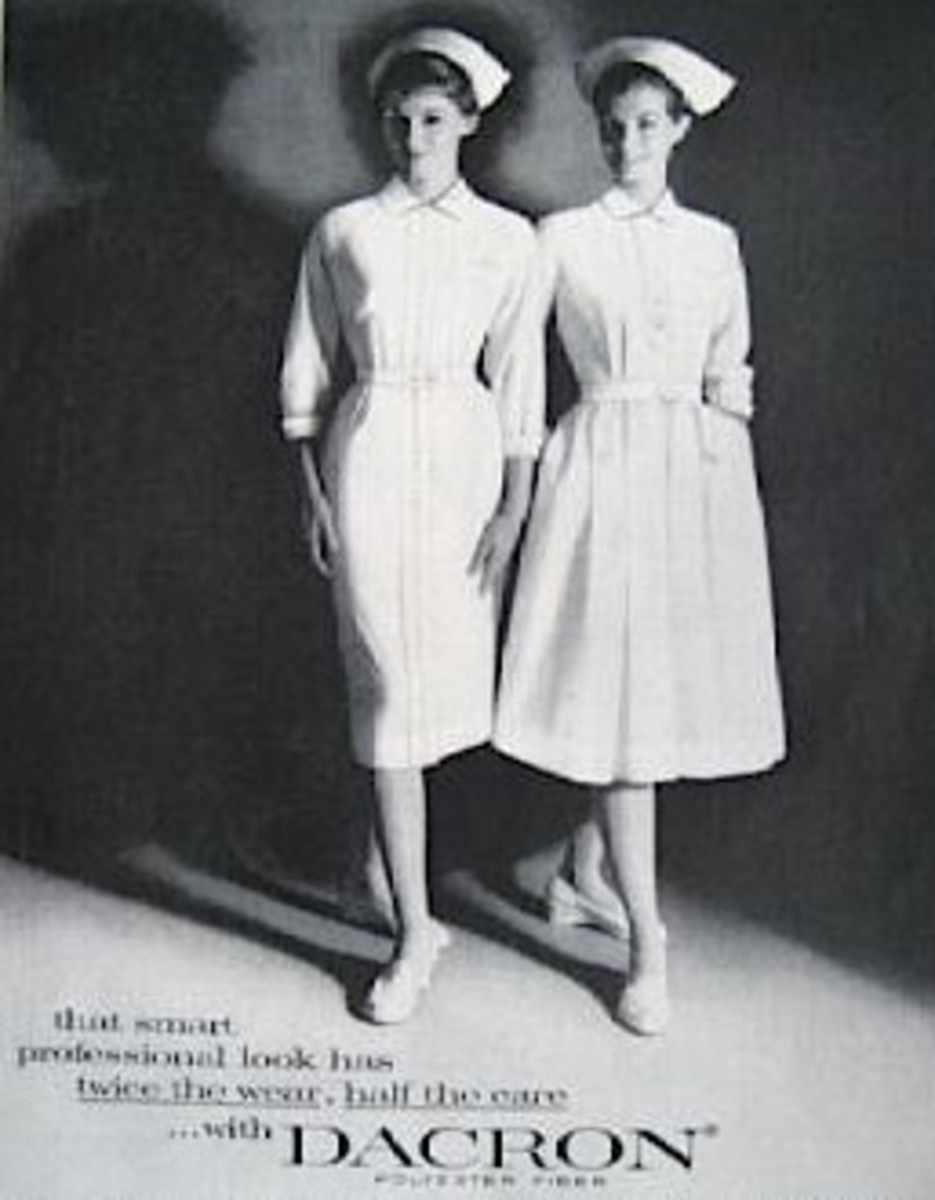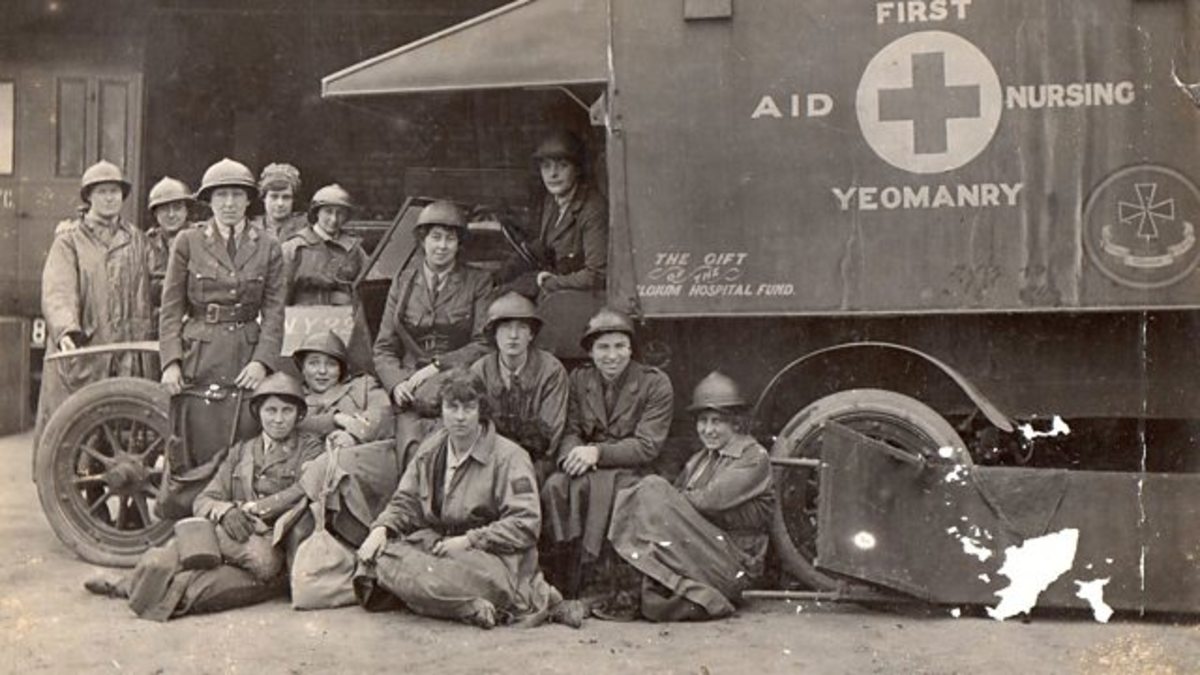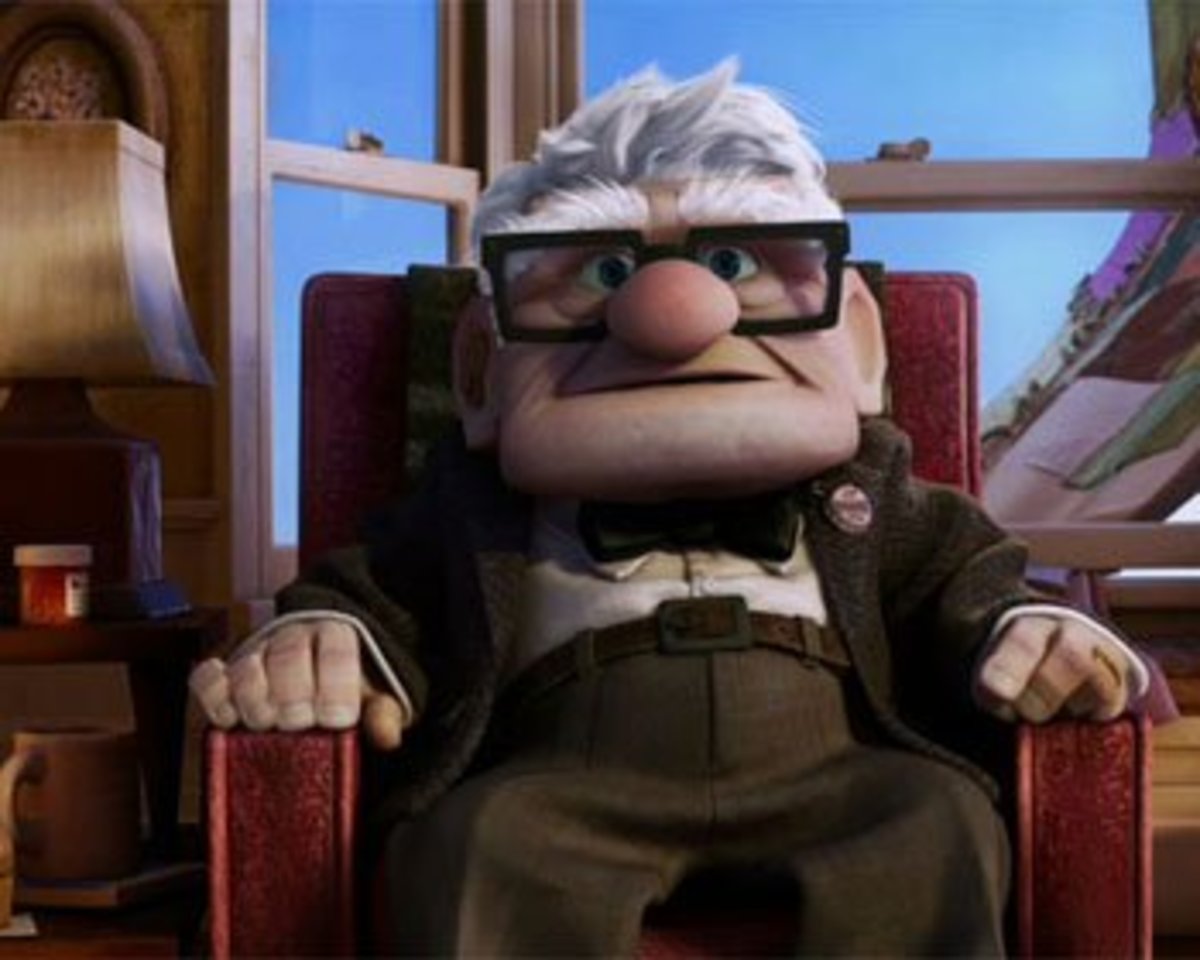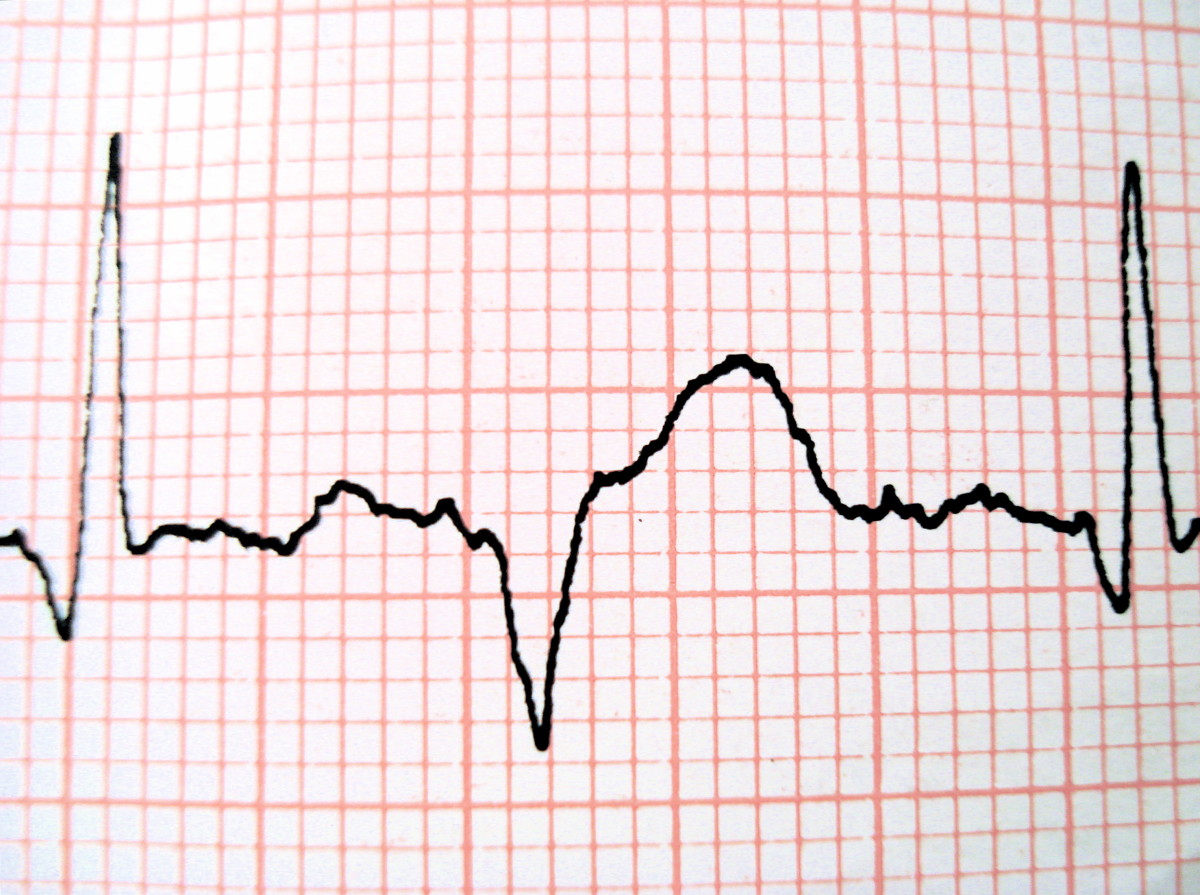Treating Elderly Patients in Hospital with Dignity
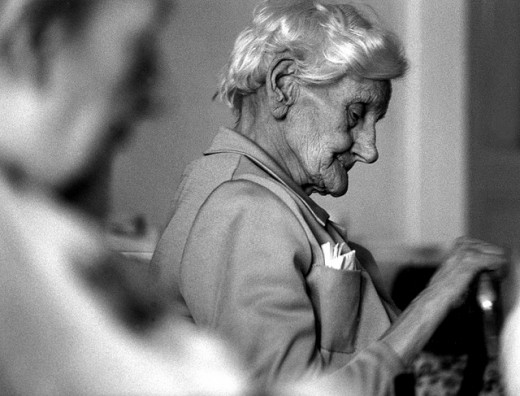
Recently in the UK we have heard of a new report claiming that our elderly in hospitals and care homes are often receiving undignified care and with little compassion. It is suggested that we should be looking into the personalities of nursing staff just as much as their qualifications prior to their employment. For those nurses already employed it is suggested that ward sisters should have enough time to observe if any of his/her staff are not treating the patients with dignity and respect and pull aside any nurses that don’t display the core values expected in the caring profession.
There seems to be an increasing number of elderly patients who are having a shockingly bad experience whilst in hospital. They may be left for a long time in soiled clothing or have to wait for long periods without a drink of water. They may not be fed adequately and are often looked upon not as a person but as the label of their illness such as that stroke. It is even suggested that doctors fall short on communicating adequately with dementia patients. Hopefully this report will pave the way for the big changes needed in the way care of the elderly is approached and managed.
Shortage of nurses - Royal College of Nursing Director News
- BBC News - Elderly hospital care needs 'more complex'
The Director of the Royal College of Nursing in England, Tom Sandford, says the complex needs of elderly patients means higher staffing levels are required in their wards.
I have personally witnessed an elderly lady being given her nebuliser treatment that takes around 15 minutes or so to run. Bad timing meant her dinner arrived two minutes after the nurse had left her on it and her dinner went cold. When she complained to a nurse that she couldn’t eat her dinner because it was cold she was told there weren’t any spare dinners and was offered some crackers and cheese! This was to be her main meal for the day. I have seen elderly people struggling to feed themselves, spilling most of their food down their dressing gowns. I have even seen a meal left for an elderly person that has been taken away untouched because this person was not helped into a position to eat.
My father who is 82 and has had several hospital admissions in the last two years has told me that it’s not long before you learn which members of the nursing staff are the best ones to ask if you need something. He needed help to be taken to the toilet and having asked for that help was forgotten about on more than one occasion.
Hospital Experience of Elderly Man
Have you had reason for concern with the way an elderly relative has been treated in hospital?
The spirit of an elderly person can sometimes be broken due to losing a partner or indeed, general ill health. Losing your ability to do day to day things or having to take things much slower can be frustrating at best. The elderly are often proud and don't want to be a burden on anyone.
When I worked as a nurse on geriatric wards years ago, I found those patients to be the least demanding. Most of the elderly were very appreciative of anything you did for them. There were exceptions to the rule of course, but generally speaking I found geriatric nursing both heart breaking and an honour. Many had lived hard lives and had their fair share of trauma. I always thought that if all nurses could treat that elderly lady as if she was their beloved grandmother, they wouldn't go far wrong.
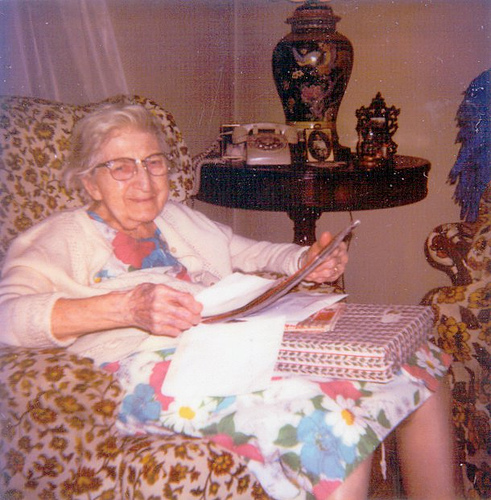
It may be that nurses think there are valid excuses for some of the things that happen I’m sure but fundamentally the elderly patient should be seen as a person first and foremost. They deserve respect and to be treated in a dignified and compassionate manner. All patients tend to be in a vulnerable position whilst in hospital but the elderly even more so. Many are proud but fragile. They don’t want to be in that ward but are through no fault of their own. They would rather be in the comfort of their own home where they feel safe with all their beloved possessions.
Some can be overly demanding it’s true but if you looked a bit deeper you may find frustration, anger, confusion and maybe even some depression at work. I hope that there is a breakthrough soon to address the re-education of those nurses responsible for failing the elderly in this way and that an acceptable method is enforced to dismiss the ones who consistently fail to meet the standards that are required.
Imagine you are 80 years old. Your eyesight is failing, you are partially deaf and somewhat confused. You are in hospital because you have had a stroke and have lost the use of one of your arms. You are confined to your bed and have a cannula inserted in the back of your hand that is attached to an IV drip. In other words you have become reliant on others to assist you with your basic needs.
You are very thirsty and the buzzer to call a nurse is out of reach. Maybe you just can’t see or feel it anyway. You shout out but no one hears. You wait a while and shout again. Still no one hears. You don’t want to be a burden and wish you could just sit up and get yourself a drink.
You already feel very low in mood because of your incapacity and want to be well and in your home surrounded by everything familiar to you but you are stuck in this place where no one seems to understand how you feel and isn’t always available to tend to you. Daunting isn’t it? It could be any one of us in the future. Imagine knowing that you have wet the bed at that age. You didn’t mean to, it just happened. You want to cry because you feel so helpless and now you feel sore because you have been lying in your urine for over an hour or more. You called out but no one came. How undignified is this?
- Quality of Nursing Care Today
How much nursing care has been lost in the last few years?

